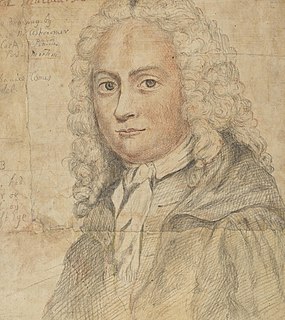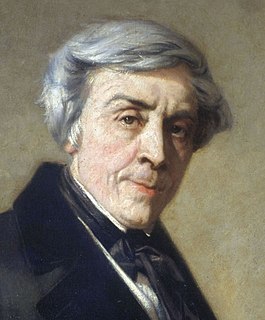A Quote by Matthew Stewart
Sir Isaac Newton gave the extraterrestrials their biggest shot in the arm when he embraced the infinite universe as the basis for his hugely influential system of physics. Even so, the aliens of the early modern period remained creatures of philosophy rather than science.
Related Quotes
Long ago, Sir Isaac Newton gave us three laws of motion, which were the work of genius. But Sir Isaac's talents didn't extend to investing: He lost a bundle in the South Sea Bubble, explaining later, 'I can calculate the movement of the stars, but not the madness of men.' If he had not been traumatized by this loss, Sir Isaac might well have gone on to discover the Fourth Law of Motion: For investors as a whole, returns decrease as motion increases.
Isaac Watts, of course, is a hymn writer in the tradition of Congregationalism who lived in the seventeenth and early eighteenth century. He is very interesting and important because he was also a metaphysician. He knew a great deal about what was, for him, contemporary science. He was very much influenced by Isaac Newton, for example. There are planets and meteors and so on showing up in his hymns very often. But, again, the scale of his religious imagination corresponds to a very generously scaled scientific imagination.
It is not therefore the business of philosophy, in our present situation in the universe, to attempt to take in at once, in one view, the whole scheme of nature; but to extend, with great care and circumspection, our knowledge, by just steps, from sensible things, as far as our observations or reasonings from them will carry us, in our enquiries concerning either the greater motions and operations of nature, or her more subtile and hidden works. In this way Sir Isaac Newton proceeded in his discoveries.
Science may explain the world, but we still have to explain science. The laws which enable the universe to come into being spontaneously seem themselves to be the product of exceedingly ingenious design. If physics is the product of design, the universe must have a purpose, and the evidence of modern physics suggests strongly to me that the purpose includes us
Since substance is infinite, the universe as a whole, i.e., god, Hegel is telling us that philosophy is knowledge of the infinite, of the universe as a whole, i.e, god. You cannot get more metaphysical than that. I think that Hegel scholars have to admit this basic fact rather than burying their heads in the sand and trying to pretend that Hegel is concerned with conceptual analysis, category theory, normativity or some such contemporary fad.








































